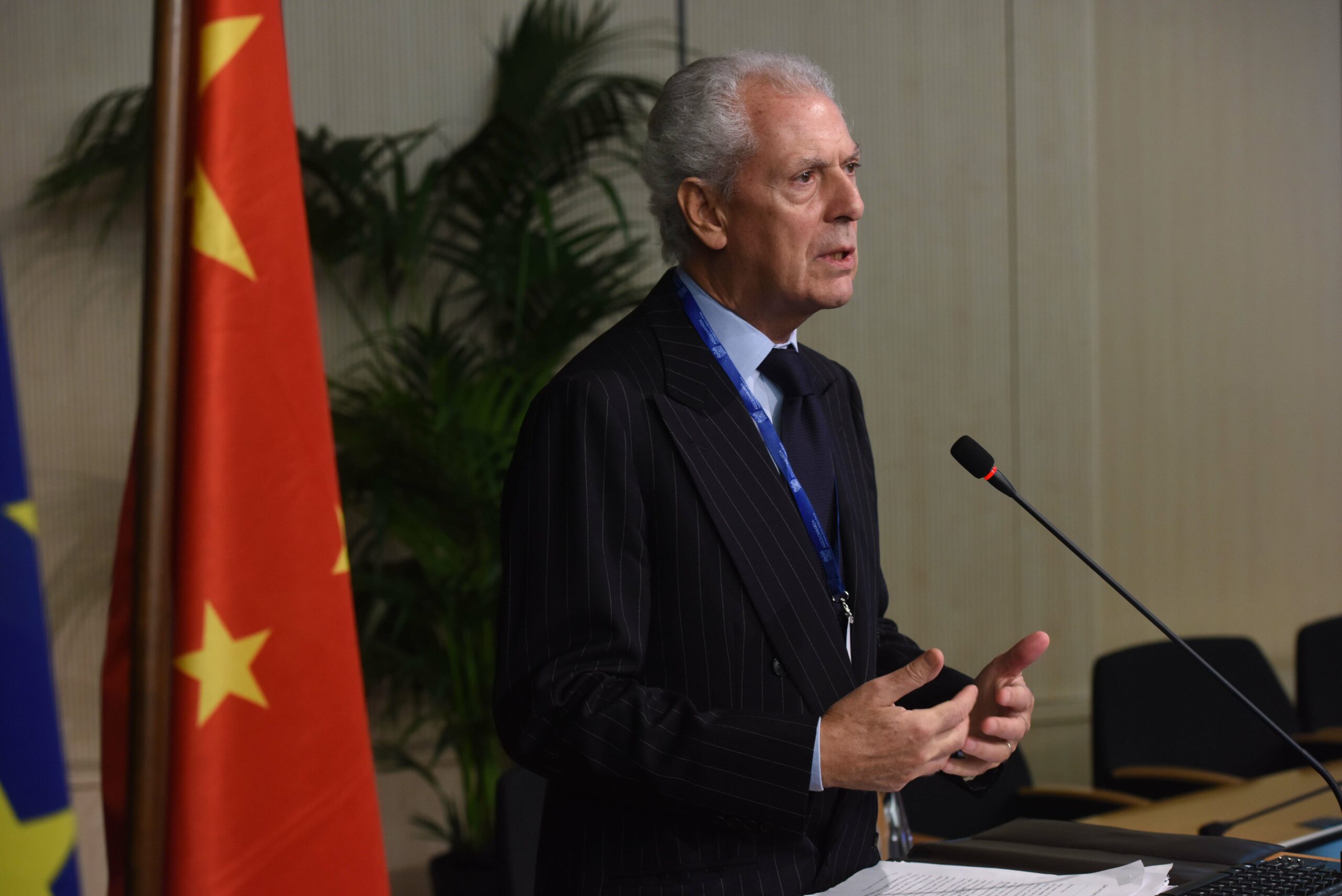All the connections between Russia and China in Pirelli. Reports

Pirelli is an "iconic" case of Russian and Chinese triangulations in the Italian industrial landscape. What a report from the German Hanns Seidel Foundation says
“The Italian state plays a key role in most transactions involving Sino-Russian crossover,” whether as a partner, regulator or arbitrator of foreign direct investment. This is the conclusion of a report by the Hanns Seidel Foundation , a German research center with a conservative orientation, presented on November 30th in Rome, at the Luigi Einaudi Foundation.
The report – entitled Sino-Russian Economic Collaboration in Italy in 2014-2023 – also focuses on Pirelli, the tire company long managed by Marco Tronchetti Provera ( now executive vice president) which last June was affected by the golden power : the government intervened with special powers to limit the role of CNRC/Sinochem's Chinese shareholders and protect the company's critical technologies.
But the Chinese – and previously Russian – presence in Pirelli would not have been possible "without the full consent of the Italian authorities", we read in the study.
– Read also: Pirelli between Russia and China. The true story
RUSSIA IN PIRELLI
Russia entered Pirelli in 2014 through Rosneft , a state oil company, which acquired 13 percent of the Milanese company from the banks Intesa Sanpaolo and UniCredit. The governance, however, remained in the hands of the Italian shareholders: namely Camfin, Tronchetti Provera's holding company. The two banks believed that the sale to Rosneft was a good deal and that there were "synergies" – we read in the report – between the Russian and Italian companies, which were already collaborating in Russia on the search for materials.
THE ENTRY OF CHINA
A year later, in 2015, the Chinese chemical company ChemChina bought a 26.2 percent share of Pirelli from Camfin: at the time of the Italian-Chinese announcement, Rosneft specified that it had no intention of exiting the shareholding. At that point Pirelli became “a case of coexistence of Russians and Chinese in the ownership structure of a large Italian industrial entity. In fact, Pirelli is perhaps the most striking case of a Russia-China-Italy triangular situation."
SECHIN'S (ROSNEFT) INTERVIEW WITH SOLE 24 ORE
The authors of the report motivate this statement by recalling a 2016 interview by Igor Sechin at Sole 24 Ore , where the CEO of Rosneft expressed satisfaction with the Sino-Russian composition of Pirelli, which in his opinion represented "a unique example of the new Euro-Asian business-thought. In cooperation with us, the Italian company has not only successfully restructured its debt, but has also obtained a strategic investor from China and absolutely new development prospects."
“What happened was,” Sechin continued to the newspaper, “the outlet on the crucial markets of the Asia-Pacific area of modern European technologies supported by the potential of Russian resources and the financial availability of China. Now the deepening of the partnership with Pirelli and ChemChina will also open up further mutually beneficial development opportunities for Rosneft".
In essence, for Sechin it represented the center of a triangular relationship between Italian technology, Russian resources (the synthetic rubber used for tires) and Chinese capital. It was therefore not only the co-ownership of the company that was important, but also its target markets and those of material supply.
THE INTERVENTION OF THE MELONI GOVERNMENT
The Pirelli case is defined as "iconic" by the Hanns Seidel Foundation also for the government intervention via golden power last June, aimed at limiting the voting rights of the Chinese state shareholder Sinochem (the company merged with ChemChina in 2021) and to protect know-how .
About a month later, at the beginning of July, the Russian investment company Tacticum Investments – a long-time shareholder of Pirelli – announced the elimination of its stake, which was around 4.2 percent.
ITALY AGAINST THE BLOCK ON RUSSIAN SYNTHETIC RUBBER
“One of the most intriguing aspects of this story,” the German report says, is that in early 2023 Italian authorities opposed European restrictions on imports of synthetic rubber from Russia (a trade retaliation for the invasion of Ukraine ).
“Although Italy was not the only country to support this position against restrictions on imports of synthetic rubber,” we read in the study, “it is a fact that its representatives in Brussels, intervening to help Pirelli, they were not only supporting the Italian positions, but also the Russian ones."
This is a machine translation from Italian language of a post published on Start Magazine at the URL https://www.startmag.it/economia/pirelli-cina-russia-rapporto-hanns-seidel/ on Fri, 08 Dec 2023 07:17:28 +0000.
